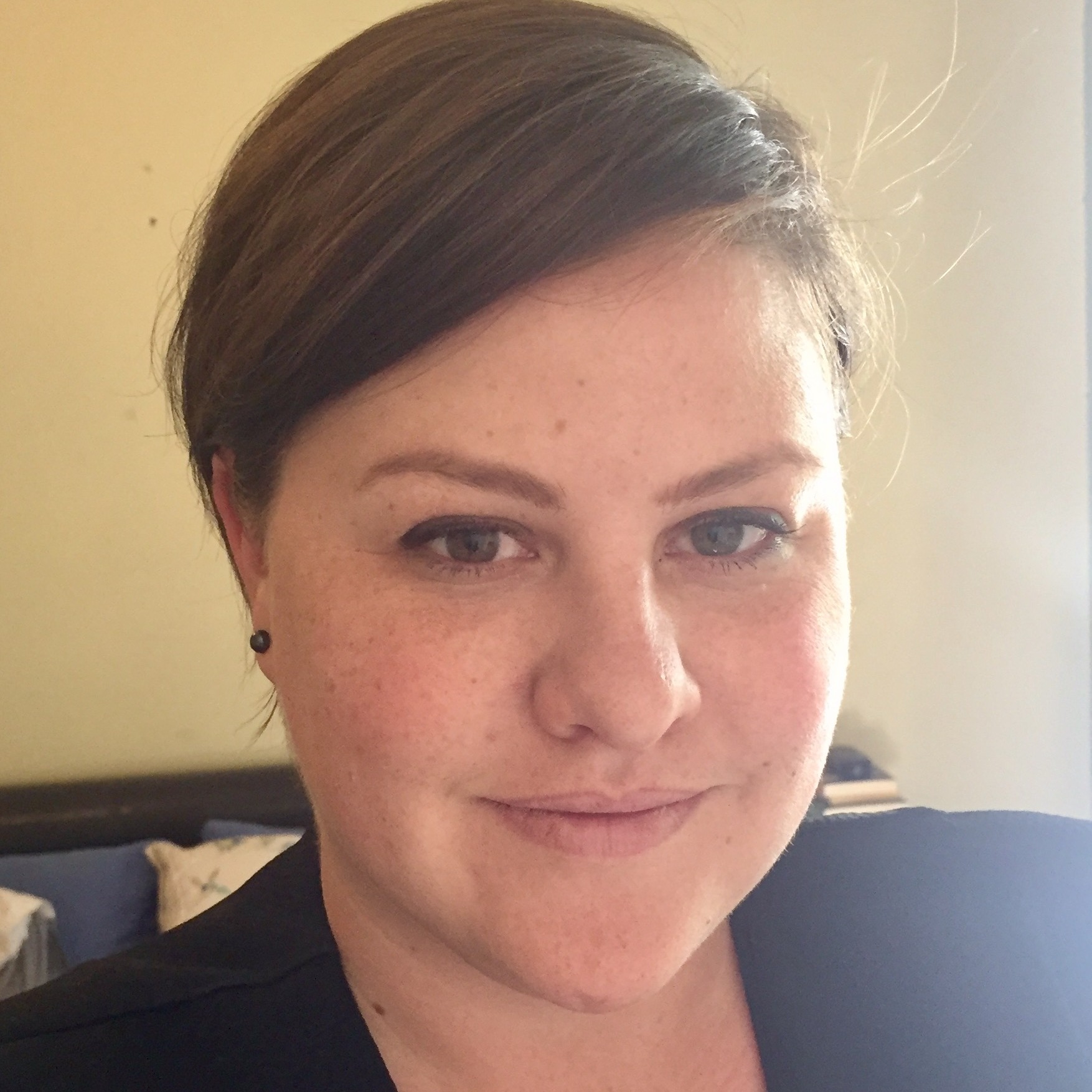Cassel & Co's Georgina Barrick talks to us about how the changing trends in finance affect specialist recruitment.
Recruitment is in her blood, says Georgina. After graduating with a degree in English and Psychology, she approached recruitment firms to find her first job. One of these firms offered her a recruiting role – and she has (mostly) been in the industry ever since. Briefly lured away, she worked as a tertiary school principal and telecommunications sales manager, before turning to head up her own successful headhunting consultancy. Today, she’s the managing director of Cassel&Co, a specialist finance and accounting recruitment company that forms part of the listed ADvTECH Group’s Resourcing stable.
"I’ve been with ADvTECH for four years and love it. Cassel&Co is the group’s only completely specialist finance and accounting brand and we like to say that we’re fanatical about finance, she explains. ‘We believe we are the most appropriate recruitment partner for CFOs and FDs because we really understand finance – which is also one of the reasons that we’re partnering with the Finance Indaba for a third year."
Q. What’s significant about being a specialist recruiter focusing on a single niche?
For us, it’s all about networks, subject matter expertise, and exclusive candidate relationships. Our team focuses on niche finance areas and, because of this, we don’t get distracted. As a result, our subject matter expertise is greater than it would be in a more generalist environment. Our networks consist exclusively of finance and accounting professionals and our database, which we’ve built over 30 years, is significant. We’re able to access these networks and database quickly when an assignment comes in. Also, focusing on a single niche industry means that we’re able to nurture long-term relationships with our candidates and have been able to help some of these people three or four times over a 30+ year career.
Our experiences in finance mean that we understand industry nuances and are up-to-date on legislation, governance and trends. We believe that it’s hard to be fanatical about many things at the same time, so we’re not. We’re only fanatical about finance.
Q. How have you seen the finance profession changing in recent years? What big change-driving factors are at play?
Finance and accounting has – and is – changing, in several ways.Firstly, there’s a general wave of change affecting all industries. Technology – the ‘new’ digital world – affects how we all do business. We’re moving beyond only computers and the Internet. In future, artificial intelligence and analytics are set to automate many roles and the impact will be felt broadly.
Also, because we’re living longer and, potentially, leaving the workforce later, we’re starting to see more diversity in the workplace – more of a mix of ages, with four or five generations working together. This has implications for leadership. It’s tougher to lead multiple generations with diverse needs and even more complex to reward each fairly, but differently, according to the skills, experience and needs.
Another change that we’ve noted is how technical changes to the finance and accounting environment impact recruitment. We’ve seen a significant increase in demand for risk and governance skills, with clients looking for proven track records in understanding governance and mitigating risk – over and above accounting skills and competency.
Finance and accounting professionals also need to be more agile and adaptable. Clients now look for creativity to complement technical skills and need people who can be exacting about compliance, while (at the same time) being flexible enough to understand that our world isn’t ‘one size fits all’ anymore. We’re also seeing this in how remuneration is structured, as clients adapt to manage more complex and diverse teams.

Q. Are there any other broad changes affecting the employability of Finance professionals?
Increasingly, there’s demand for finance professionals with strong interpersonal skills, which can be difficult to develop if you’re in a linear role with little cross-functional experience. Typical finance jobs will equip you with analytical or problem-solving skills but, to develop good interpersonal skills, you may need to step out of your comfort zone. It’s a good idea to volunteer for opportunities as they arise, and make sure that management know that you’re willing to be involved in projects outside of your usual scope.
If training in the skills that you need to further your career isn’t available in your organisation, take matters into your own hands and find online courses or personal study options that help you to grow. Growth is up to you.
Leaders are also affected by change. Increasingly, they’re being asked to embrace diversity in broad terms. This ranges from the flexibility of the remuneration packages (and benefits) on offer to whether they’re open to flexible or remote work. It extends to holistic performance management and offering edgier services, like concierge services that mean that staff members don’t lose productive hours to personal admin. Demonstrating that you can manage all of these challenges is what sets apart good CFOs, FDs and managers.
Q. Why are you partnering with the Finance Indaba 2018?
Finance Indaba is the only conference of this size dedicated to finance professionals, that offers an unparalleled opportunity to engage with colleagues, suppliers and peers. In my experience, the quality of speakers is outstanding – they’re all thinkers who would be quite difficult to access normally.
From Cassel&Co’s viewpoint, Finance Indaba offers us the chance to engage with finance professionals who may be potential clients or candidates. Overall, each year, it’s surpassed our return-on-investment expectations.
[cfocoza-cta slug=finance-indaba-africa-2019-register-for-free]










